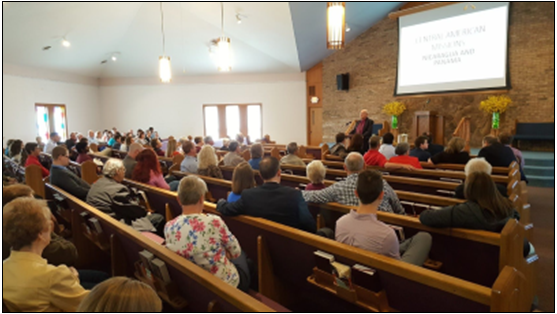Why We Should Study the “End Times” by Robert Murphy

We need to know what the Bible actually says about the end times. There are numerous divergent views about what will happen at the end of time and when it will occur. Other denominations study the end times in great depth and with great zeal (although they often come to the wrong conclusions, in my opinion). We ourselves need to look at what the Bible says and learn the most sound and reliable method to evaluate the evidence so that we can explain why we reached a different conclusion than someone else.
It will give us hope. For those who have put on Christ, studying the end times and Christ’s second advent will fill us with hope and joy. We will no longer fear death. We will only long for the resurrection of the body and find hope in the fact that we have a God who “makes all things new” (Rev 21:5).
It will change the way we behave now. The purpose of humanity in every religion (even “secular” religion) is determined by both the creation and the end goal. Whenever an inventor creates something, how and why he creates it is important to know its function. Additionally, there is a goal or purpose for which that creation exists. Similarly, when we look at creation, we cans see the original purposes for why we were created. As we study the end times, we also are looking at our purpose as humans and Christians and how we can fulfill these roles.










